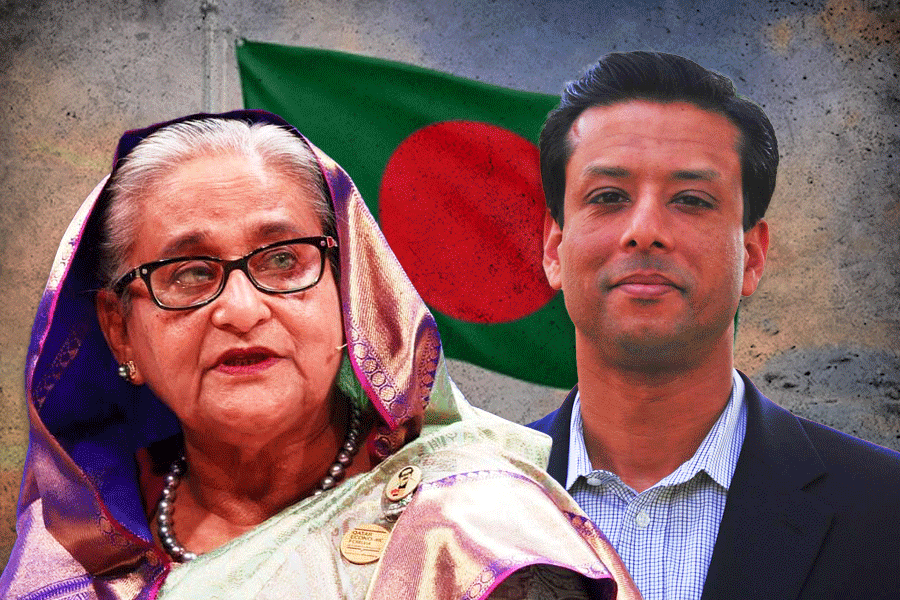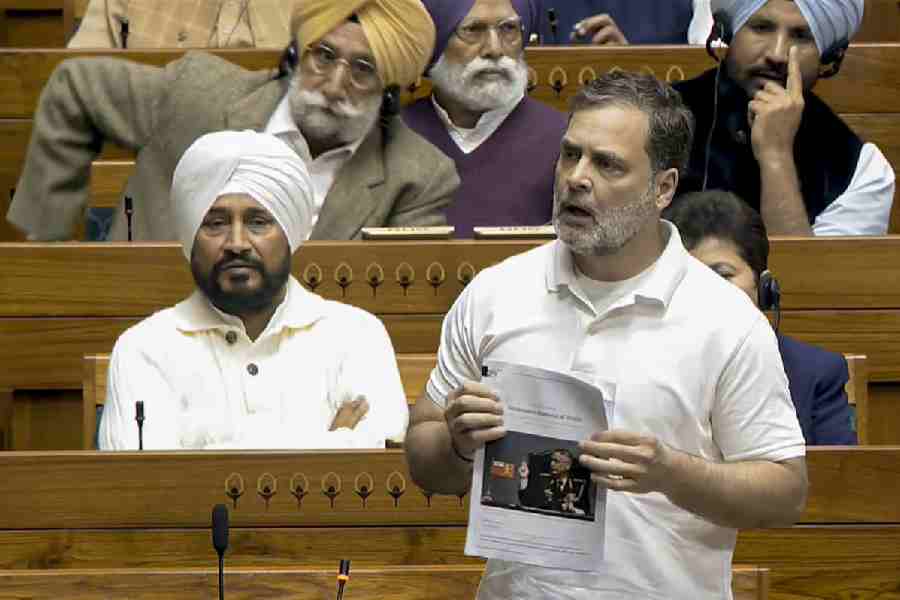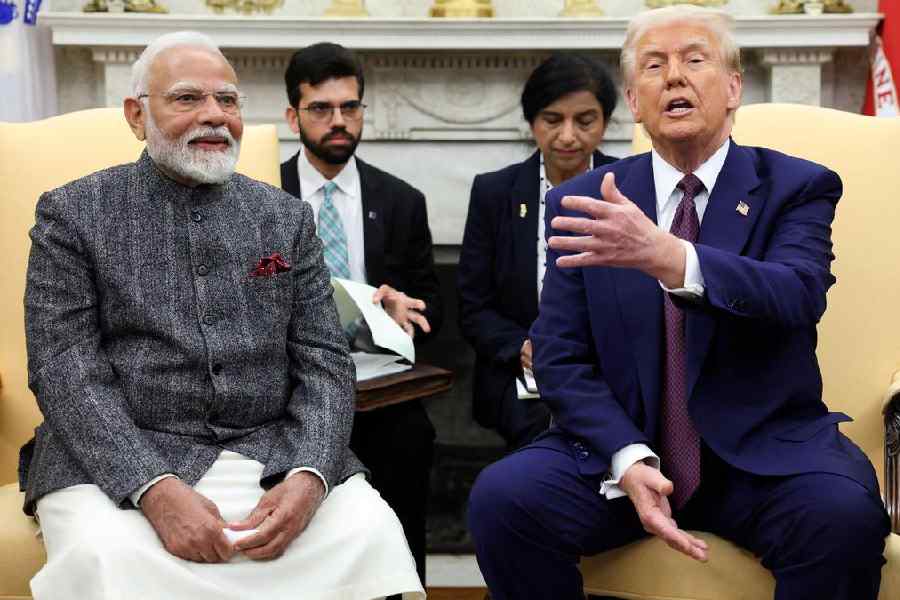But you?ve never told me that story,? my daughter said to me in aggrieved tones when I was recounting an anecdote about our early married lives to a friend. ?In fact, you?ve never told me anything about yourself,? she said accusingly.
She is, of course, quite right. Where our children are concerned, we, like all other parents, are reticent about our lives before they arrived. But such reticence is less by deliberate design than the lack of occasion to speak of a past to which they do not relate. As a consequence, what little they learn about us in their pre-arrival days is what they occasionally glean from conversations between our contemporaries and us. Nor has the situation been any different through the generations.
It makes one wonder whether one ever really knows one?s parents! Do parents ever become real people to their children?
I remember when my father died some years ago and I read the obituaries and condolence letters that flooded in, I was overcome by amazement. Had he really done all those things? Why was it that I had never heard of them? Deeply attached to him though I was, I was forced to realise how little I had known him. Apart from his achievements, I knew nothing of his childhood or college years. I was ignorant of all the factors that had shaped his life and made him the person he was, my admiration of and love for him based entirely on the kind of father he had been and what he had taught me.
All children paint their own pictures of their parents, and these pictures are not always accurate. Parents feed you, clothe you, discipline you, exasperate you, infuriate you and love you. And out this melange grows a relationship that is built exclusively on the basis of their years of parenting. The pre-parenting days seem as irrelevant as do the non-parenting parts of their lives. Not till a child reaches adulthood is there likely to be any interest in these areas, and by then the die is cast and it is too late to see parents as anything other than parents.
Of course the converse is also true. If children see their parents only as parents, parents continue to see their children as children, even after they themselves become parents or grandparents. There appears to be no time limit to parenting. But would children really have it any other way? Would they be able to accept that once upon a time, their parents too were youngsters with lives not too different from their own, mistakes and all? Could it be that, paradoxically, this barrier between parent and child allows the bond between them to grow? My daughter may be upset at the gaps in her knowledge of her parents? lives, but in examining the ledger of credits and debits, I wonder whether it is such a bad thing.










